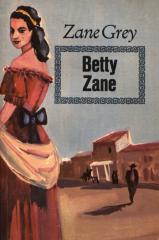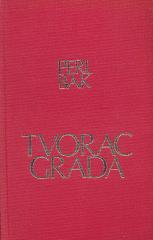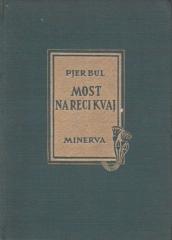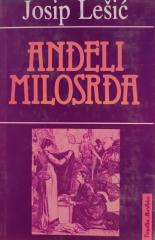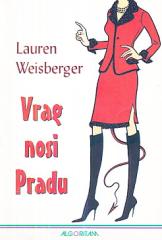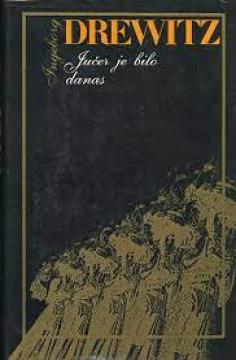
Jučer je bilo danas
The novel Yesterday Was Today by German writer Ingeborg Drewitz follows the life of Gabriela, born in 1923, from childhood to old age, intertwining her personal story with the historical and social changes of the 20th century in Germany.
Through Gabriele’s portrait, the novel depicts the fates of several generations of women – her grandmother, mother and daughter Renate – depicting their struggle with patriarchal norms, war trauma and social expectations.
The plot begins in the Weimar Republic, where Gabriele grows up witnessing the rise of Nazism, World War II and post-war reconstruction. Her life is marked by losses, adjustment to bomb destruction and moral dilemmas, but also the search for her own identity. The novel deals with themes such as women’s emancipation, family relationships and conflicts between generations, as Gabriele tries to reconcile her dreams with the reality of a divided German society. Drewitz uses her story as a mirror of history, exploring how political and social events shape intimate lives.
Through a precise yet emotional style, the author emphasizes the universality of women’s experience, while at the same time criticising social structures that limit freedom. The novel is significant for German literature for its feminist approach and strong historical context, offering insight into the complexity of human destinies in turbulent times.
Multiple copies are available
